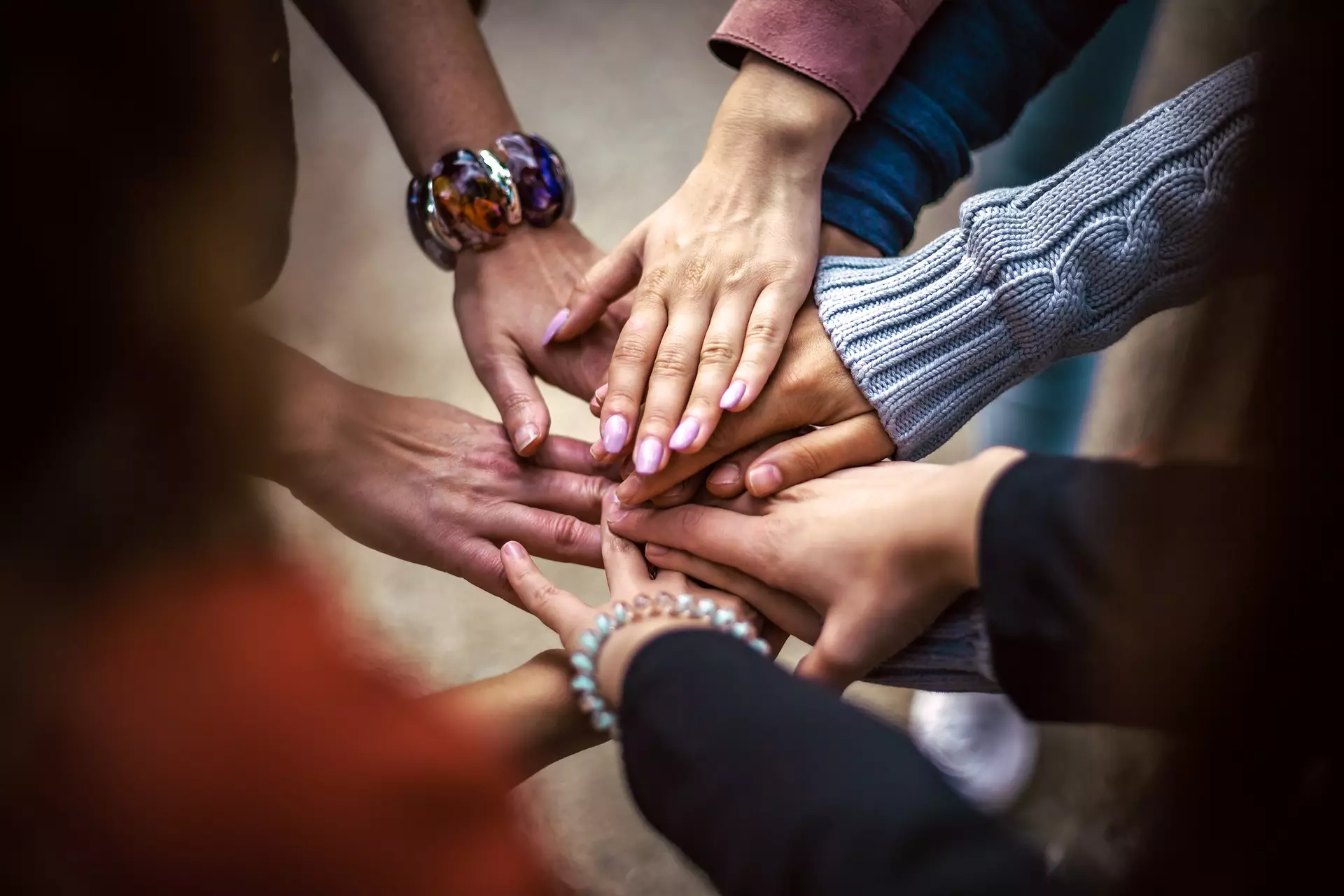When a global emergency strikes, panic, dread and hopelessness can quickly settle in throughout the world, worsening the quality of life for entire populations. And lately, it seems as though people have had to face one never-ending crisis after another.
The United Nations Office for the Coordination of Humanitarian Affairs forecasts that 274 million people will need humanitarian aid and protection in 2022 alone.
What many media companies don’t realize is that they have the power to help some of these people in times of crisis. In fact, media companies can offer significant support to populations simply by acting as online hubs for communities to gather during an emergency or tragedy.
Why the importance of community intensifies during a crisis
During stable times, online communities bring like-minded people together, encouraging meaningful connections to form between active members, which grows loyalty toward the host brand.
Meanwhile, the value of hosting a safe online community in a crisis goes far beyond growing brand loyalty — giving audiences access to a tight-knit community can reverse declining mental health and support them in their time of need.
“[If] community members let their feelings of fear, anxiety, confusion, and dread grow unchecked during a crisis, they will most likely begin to feel hopeless or helpless… [causing them to] be less motivated and less able to take actions that could help themselves,” writes the CDC in a crisis and emergency risk communication manual. “Helping the public feel empowered and in control of at least some parts of their lives may… reduce fear.”
So by providing people with a safe space to join an active community, your organization can allow people to feel more in control and confident during a chaotic period. Here’s why:
Offering stability in a world of constant change
From global warming disasters to the war in Ukraine, economic, social and ecological conditions worldwide are unstable.
Online communities encourage members to check in on their conversations regularly, giving people a sense of routine or stability.
“Routines can create a positive level of stress that keeps us focused and may avoid some of the depression that many people may experience as a result of… isolation, fear and uncertainty,” explains Ramon Solhkhah, chairman of the Department of Psychiatry at Jersey Shore University Medical Center.

Ultimately, chatting with fellow community members frequently can help to give life meaning, make people feel more productive and improve mental health in a time of uncertainty and fear. Any media company can deliver this type of experience to audiences simply by giving people access to safe community social spaces.
Shaping safe online spaces for sharing thoughts and opinions
Media organizations that give people safe digital spaces to meet and talk empower users to share their voices, thoughts and opinions around whatever crisis is at hand. This can help spark social change and heal traumatized or struggling community members.
According to a series of researchers around the world, “[online] communities (OCs) offer the ground for breeding activism as they provide opportunities for individuals who regardless of their location voluntarily form a social aggregation through an online platform for sharing interests, knowledge and experiences.”
Unfortunately, thanks to the rise of trolls and misinformation, social media platforms don’t guarantee safe conditions for these positive, shared social experiences. After all, over 25% of people will avoid joining a discussion if toxicity is present.

Connecting people to a source of reliable information
Between political extremists and Russian troll farms publishing propaganda across the web, it can be challenging for humans to determine fact from fiction in a crisis. At least it is without a reliable news source.
And with 56% of Americans concerned that journalists consciously publish misinformation or exaggerations, publishers must work to connect people to accurate content.
One major benefit of hosting an online community on a media company’s website or app is that its credible content becomes central to that community. More specifically, audience members will gradually form connections around accurate information — which can save lives by keeping people informed throughout a crisis.
Plus, community hubs allow people to discuss and debate the true actions of governments and come up with potential solutions to global emergencies or challenges.
It’s only natural to want to assist others in an emergency — and by bringing people together online, your media company can give people an outlet for support during challenging times. Not only will this enable you to deliver essential information to loyal audiences, but it will also show them that they aren’t alone, reinforcing their resilience in the face of any crisis.

